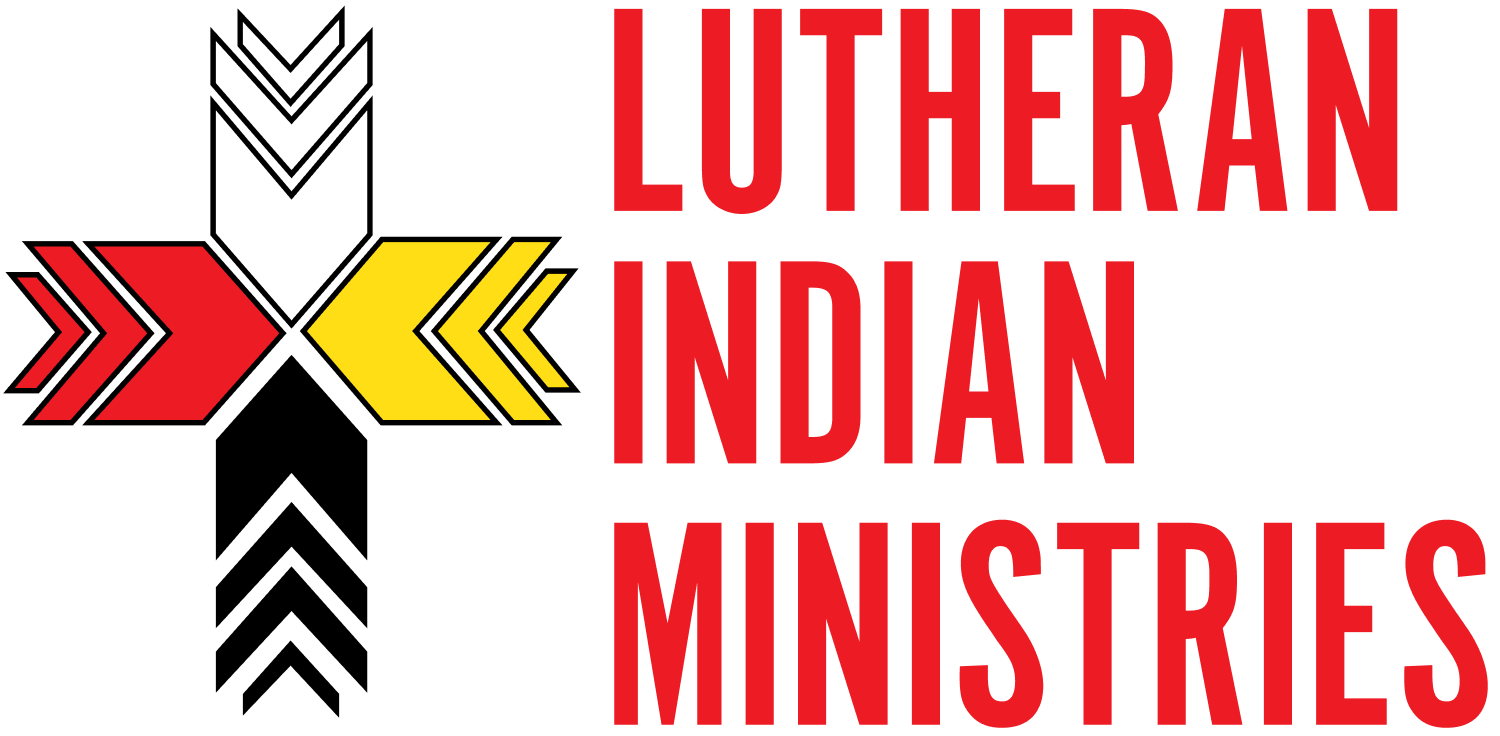The Changing of Seasons Means a Shift in Tasks
Children are going back to school, and the days are getting shorter. The weather is beginning to cool; and, before long, pumpkin spice will be showing up on menus.
Summer is coming to an end.
In Alaska, the end of summer means the end of the busy season. During the warmer summer months, tourists and volunteers flock to America's last frontier hoping to get a glimpse of a moose or a pack of whales. For the LIM Mission Center in Fairbanks, it means daily trips to the airport and large meals for volunteers staying at the house. It means educating and preparing groups for their trip to a village and debriefing those same groups before they head home. But by this time in August, the flow of visitors has stopped and Dave and Rosemary Sternbeck and Carissa Wittig are preparing for a new set of tasks.
While summer is a nice time to visit and enjoy 24 hours of sunlight, the cold and darkness of winter are when the Alaska Natives truly need our assistance. In the summer, many villages still lead subsistence lifestlyes - hunting, fishing, and collecting plants for food, but, depending on the success of those hunts, there may come a point this winter where the village runs out of food.
There are three villages in particular with whom the Sternbecks have built a strong relationship. Every summer, a dedicated group of volunteers visit those villages to bring Vacation Bible School and Adult Bible Study for a week. These villages are extremely poor, and winters can be exceedingly hard.
One village in particular is very small and very remote. So small, in fact, that they had to close the school for lack of students, which led to the loss of the free lunch program. LIM now sends food for the kids.
Another village had a rough hunting season last summer. When winter rolled around, the food stores emptied quickly and there came a day when all they had was a single porcupine to feed the entire village. LIM sent boxes of potatoes to try to supplement their food stores for the remainder of the winter which was split evenly among the families.
"They were so thankful," Rosemary recalls. "It was boxes of potatoes, but you would have thought we sent them boxes of filet mignon! We do what we can, but we try to balance our support. For so many years, the villages have taken care of themselves, relying on each other to make it through the rough winters. They want help and we want to help, but the elders in the village are concerned their people could become dependent on outside sources. We work really closely with the elders and village councils to make sure we aren't stepping on anyone's toes or making situations worse."
Generally, LIM only sends volunteers or supplies when they are requested by the village, and often times it takes years of relationship building to get to that point. Though most of our volunteers come for VBS or service projects when the sun is shining, there are still volunteer needs for the especially adventurous, who are willing to brave the Alaska winter.
Tanana, specifically asked for winter help. The school wants to bring in volunteers to teach art, music, and sewing. And the local store and "safe place" for the village youth, "Grandma's House," is looking for a helper for the winter months. (Read about the work winter volunteers did in Tanana two years ago.)
Also, Ambler, among other villages, have asked for small groups of volunteers, to work in mentorship positions for students during the school year.
The mission work LIM does in Alaska is unlike anything we see in the lower 48 states. The sheer size of the state and distance between villages makes it hard to help everyone, so the Sternbecks use volunteers whenever possible.
"The groups of people who come to us are truly remarkable," explains Dave. "Alaska is such an amazing place to do ministry, but without them we wouldn't have much of a ministry."



